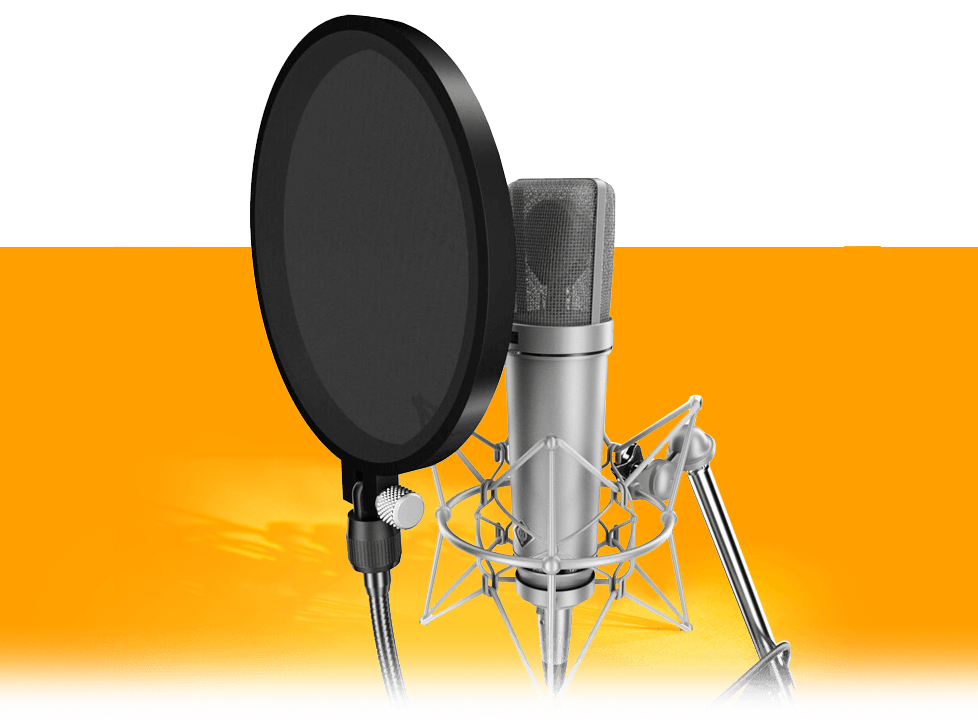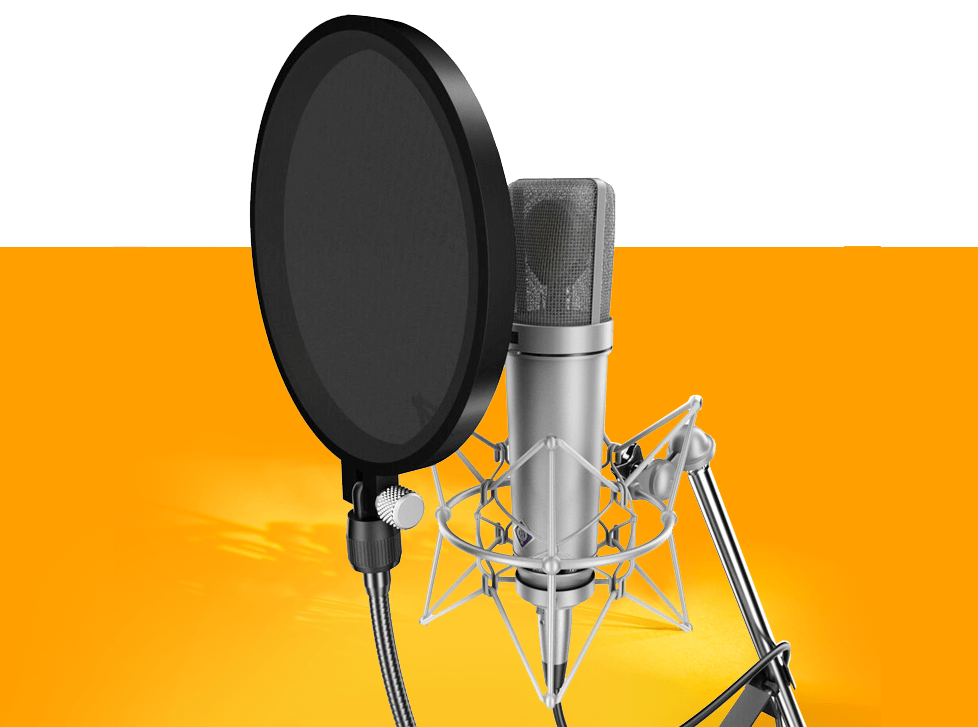Should You Go to Audio Engineering School?
Jeremy Alves | October 29, 2018
It would be an understatement to say that one of the most difficult decisions for aspiring industry professionals is the choice between going the educational institution route versus the do-it-yourself route. Post-secondary education by nature is hard, and requires a lot of your time, effort and money. That being said, it can be one of the most rewarding experiences if you make the most of it.
For those who are financially restrained, the decision only gets harder. As the university of the internet grows, some have a hard time justifying spending all of their time and money going to a education institution, when there are cheaper, more DIY alternatives out there.
I can’t make a decision for you financially speaking, but if you are an aspiring audio engineer like I once was, I’d urge you to strongly consider putting the finishing touches on your application and begin down the path of a professional audio engineering school. For the next few minutes, I’m going to lay out some solid reasoning to back up why I strongly suggest a audio engineering institution over doing it yourself. It would be unwise for me to cast a wide blanket on every person, as for some, homeschooling can be just as enriching as a learning experience, but more often than not, hands-on education with instructors produces better results for the average student.
Real People, Real Problem Solving
First off, I’ll give you a bit of bad news: if you plan on learning completely alone, prepare to work completely alone. This is because your education should reflect your desired workplace. Let’s say you want to own a music production studio one day. In that studio you could have audio engineers, masters, producers, writers, artists and assistants in on any given day. You need to know how each of those roles function, who’s responsible for what, and a general feel for what their job entails. If you didn’t have the first-hand experience working with those different roles then you will never quite understand your place. As you work and learn alongside your fellow colleagues, professors and lecturers at school, you gain insights that never would have come your way had you been reading solely from a book or online tutorial.
Practical Experience
Think about it this way: would you be comfortable with a surgeon operating on you if all they’ve done is read books about it? No. They learned from a combination of rigorous studying and first hand experience during their residency. In the audio engineering industry, we talk a lot about gaining your 10,000 hours. This is very much the case when you go through a formal education.
The concept of the 10,000 hours isn’t about hitting that specific specific number, but more the idea that an aspiring professional needs to put in their time to hone their craft. For you, this means not only spending time behind the board, but playing around with instruments and amplifiers, messing around in digital audio workstations and of course completing full projects. No one becomes a master of anything overnight, it takes time to hone your skill; that becomes a lot easier when you have colleagues and industry professionals by your side learning with you and teaching you along the way.
Learning to Fail
School is more than just learning about your desired subject. It’s about all the other things that come along with it that develops soft skills. School forces students to learn how to be better at managing their time, staying organized, coping with workplace stresses and dealing with failure. We learn the most when we make mistakes, and nowhere is that more apparent than in school. Teachers have the gift of being impartial, and setting tough deadlines. When we work on our own, we tend to be a lot more lenient on ourselves when it comes to stuff like deadlines and mistakes. Being forced to hone up to your mistakes and getting a harsh grade form emotional calluses that make us more professional “professionals”.
Learn On Great Equipment
Of course the most exciting part about going to school is the resources that come available to us. I remember when I first went to school, I was most excited to get my hands on a 72-channel console, and to hear my mixes in a fine-tuned acoustic room on surround monitors. Unfortunately, unless you’re some kind of millionaire, chances are you won’t be able to afford to buy yourself the kind of equipment that a great audio school has. That being said, for the love of all that is good in the world, please do not bring your travel mug filled with hot coffee anywhere near the equipment.
Networking
We are nothing without the people in our lives. Any industry professional will tell you that the most important takeaway from school is the connections you make with teachers and colleagues. It’s always amazing to see where all your fellow classmates (and professors for that matter) end up. I like to think of all my connections as sleeper agents, because if the time comes to call in a favour, people you’ve been good to will be happy to put in a good word for you or recommend you for a job. It’s a lot easier to get work when you have people to vouch for you. Beyond that, I can’t tell you the amount of times I have run into my classmates and professors at industry gatherings and talks; it’s just good to know a couple familiar faces.
Ready to Start?
OIART's Audio Program Includes:
✓ Small Class Sizes
✓ On Site Facilities
✓ Industry Leading Instructors
✓ Post Grad Support & Guidance
✓ Exclusive 11 Month Program
Top Reasons Why You Should Choose OIART.
Have Questions?
If you have questions about our audio engineering and music production program or would like to book a tour, we would be pleased to speak with you.
Text Us: 519.200.4151
Share This With a Fellow Music Lover
Apply in 4 Steps!
Step 1: Click apply now.
Step 2: Answer 8 questions about yourself.
Step 3: Upload supporting documents.
Step 4: That's it! You are done.
Share this with fellow music lovers


